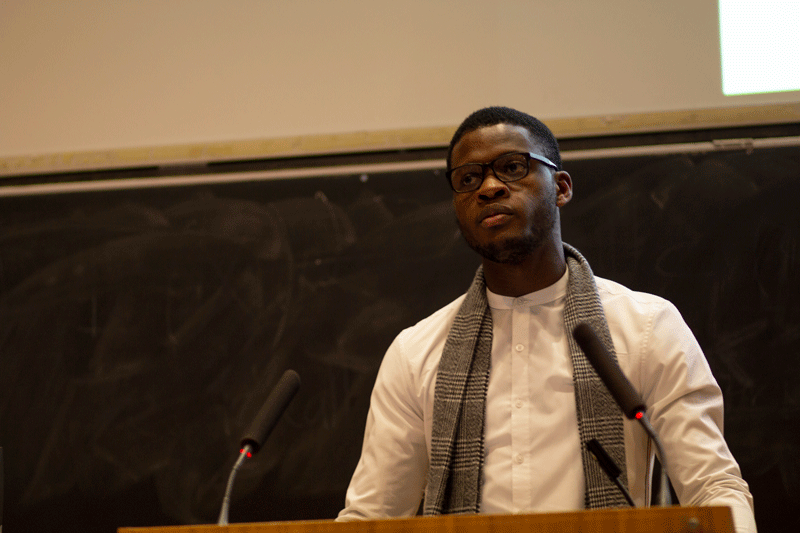The most senior student member of Dublin University Central Athletic Club (DUCAC) is calling for a major change to the organisation’s voting structures in order to “create a more transparent DUCAC”, The University Times has learned.
This is the second time in a year that members of sports clubs are being asked – this time by DUCAC Vice-Chair Jemil Saidi – to support a change to DUCAC’s voting structures.
Saidi is proposing a new system for electing DUCAC’s Executive Committee that would mean two delegates from each club vote at the organisation’s AGM, after persistent concerns that bigger clubs are currently “swaying votes” under a system that allows all members of sports clubs to vote at the body’s AGM.
Saidi is also seeking an amendment to DUCAC’s constitution that will mandate it to publish on its website the approved budget allocations of all sports clubs – a radical change for a body typically reluctant to disclose details of its financial affairs.
In an email circulated to all sports clubs, obtained by The University Times, Saidi said the changes will “usher a season of good governance” for DUCAC, which receives the most funding out of any of the College’s five capitated bodies.
He said the changes would give “each club an equal chance”.
“It’s the model used in majority of organisation such as the Student Sports Ireland, The Irish sports council, the CSC and many more”, he said.
The proposed amendment to Section 11 of DUCAC’s constitution would stipulate: “The approved Budget allocation amount for each registered sports club shall be made public on the DUCAC Sports club web page succeeding approval of the Executive Committee.”
“The hope of this”, Saidi said, “is to create a more transparent DUCAC and stop any speculations that may occur within clubs regarding what they believe other clubs receive in terms of funding from DUCAC”.
If 10 clubs sign Saidi’s motion, DUCAC’s Honorary Secretary is constitutionally obliged to call a general meeting within 21 days of the receipt of the motion.
An amendment to the constitution, like the one that Saidi is proposing, requires a two-thirds majority of members present and voting at the meeting.
DUCAC did not respond to a request for comment by the time of publication.
In October, The University Times revealed that Dublin University Archery Club captain Diego Coyle Diez was attempting to bring a motion to introduce a “one club, one vote” voting system to DUCAC’s Executive Committee, after concerns that bigger clubs were bringing large delegations to DUCAC’s AGM in order to sway the voting.
In both of the last two years, DUCAC has failed to check whether those present at its AGM were entitled to vote, a move that raised concerns about its constitution.
Speaking to The University Times at the time, Coyle Diez said: “Right now, if you wanted to, I could go out and say to 50 or 60 people from outside, who have never been in a sport, I could go to a society and be like ‘oh we really need help in this can you send 50 people’. They have never dealt with any clubs, yet they still have an equal say and vote.”
Coyle Diez said that “right now, it just seems it’s all preordained who wants to be in there, so certain clubs or certain people” can exercise control.
An email sent by Coyle Diez, obtained by The University Times, proposed that “one elective [sic] representative of each club, who are present, are entitled to vote at General Meetings”.
Currently, DUCAC’s constitution stipulates that “Sports Club members of DUCAC and Pavilion Members who are members of a DUCAC affiliated Sports Club, who are present, are entitled to vote at General Meetings”.
In an interview with The University Times last year, former DUCAC Senior Honorary Treasurer Brian Ó Ruairc said a one club, one vote system is “the only really fair way of doing it, to make sure there’s a balance between everyone”.
“We’re not one club”, Ó Ruairc said, “we are 50 clubs”.







